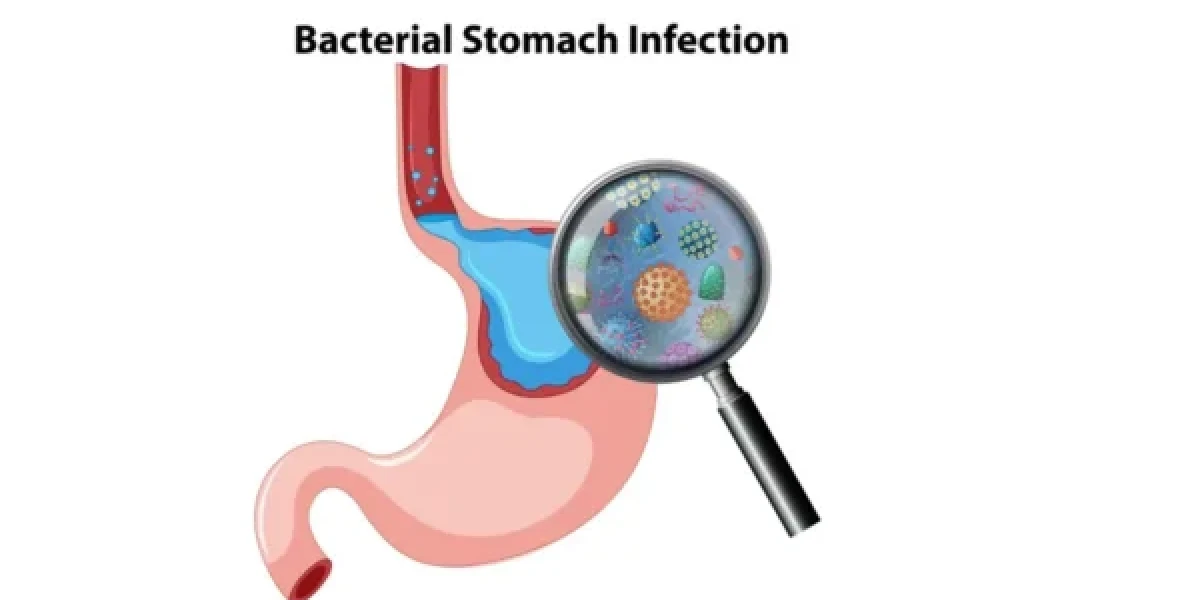Introduction
GABA, which stands for Gamma-Aminobutyric Acid, is a crucial component in the intricate machinery of the human brain. This neurotransmitter acts as the brain's calming agent, regulating neural activity and maintaining a harmonious balance between excitation and inhibition. But what exactly is GABA, and how does it influence our well-being?
GABA, short for Gamma-Aminobutyric Acid, is an important neurotransmitter in the human brain. It plays a crucial role in regulating brain activity and has a profound impact on our mental and emotional well-being. In this article, we will delve into the world of GABA, exploring its functions, benefits, and its impact on mental health.
The Role of GABA in the Body
A Neurotransmitter
GABA is classified as an inhibitory neurotransmitter. In simple terms, it acts as a calming agent for the brain. It helps control and limit the excessive firing of neurons, preventing overexcitement of the nervous system.
Inhibition of Neural Activity
GABA's primary function is to reduce neural activity in the brain. When it binds to GABA receptors, it inhibits the transmission of nerve signals. This inhibition is essential for maintaining a balance between excitatory and inhibitory processes, ensuring that the brain operates smoothly.
Benefits of GABA
Stress and Anxiety Reduction
One of the most well-known benefits of GABA is its ability to reduce stress and anxiety. When GABA levels are sufficient, it promotes a sense of calm and relaxation, making it an important player in managing stress.
Improved Sleep Quality
GABA is closely associated with sleep regulation. It facilitates quicker sleep onset and promotes a deeper, more rejuvenating slumber. People with insomnia often have lower GABA levels, highlighting the importance of this neurotransmitter for a good night's rest.
Enhanced Mood and Relaxation
Higher GABA levels can also lead to an improved mood and a greater sense of relaxation. It can help combat feelings of unease and restlessness, contributing to an overall sense of well-being.
Anxiety Disorders
GABA's calming effect on the brain makes it a potential ally in the treatment of anxiety disorders. Medications that increase GABA activity are often prescribed to individuals with conditions like generalized anxiety disorder and panic disorder.
Depression
While GABA's role in depression is still being studied, some research suggests that it may have a part to play in managing depressive symptoms. Low GABA levels are associated with a higher risk of depression.
How to Increase GABA Levels
Diet and Nutrition
Certain foods can help boost GABA levels. These include whole grains, nuts, seeds, and foods rich in probiotics like yogurt. Incorporating these into your diet can have a positive impact on your GABA levels.
Regular physical activity can also increase GABA production. Engaging in activities like yoga and meditation can be particularly effective in promoting relaxation and GABA release.
Supplements
GABA supplements are available, but their effectiveness is still a topic of debate. Before using supplements, it's essential to consult with a healthcare professional.
Potential Side Effects and Risks
While GABA is generally considered safe, excessive supplementation or medication can lead to side effects such as dizziness, drowsiness, and an upset stomach. It's crucial to follow recommended dosages.
GABA in Medical Treatments
Epilepsy
GABA plays a significant role in the treatment of epilepsy. Antiepileptic drugs often work by enhancing GABA's inhibitory effects, which help prevent seizures.
Insomnia
For those struggling with insomnia, medications that enhance GABA activity may be prescribed to improve sleep quality.
Conclusion
In conclusion, GABA is a vital neurotransmitter that influences our mental and emotional well-being. Its role in reducing stress, improving sleep, and enhancing mood cannot be understated. While it holds promise in the treatment of various mental health conditions, more research is needed to fully understand its complexities. By focusing on lifestyle factors like diet, exercise, and relaxation techniques, individuals can naturally support their GABA levels and enjoy the associated benefits.
FAQs
- Is GABA safe to use as a supplement?
- GABA supplements are generally safe when used as directed. However, it's essential to consult with a healthcare professional before starting any new supplement.
- Can GABA help with anxiety and stress?
- Yes, GABA has a calming effect on the brain and can help reduce anxiety and stress when its levels are balanced.
- What are the natural sources of GABA in the diet?
- Foods like whole grains, nuts, seeds, and probiotic-rich items like yogurt can naturally boost GABA levels.
- Are there any known side effects of GABA supplementation?
- Excessive supplementation can lead to side effects like dizziness, drowsiness, and an upset stomach. Always follow recommended dosages.
- How is GABA used in medical treatments?
- GABA is used in the treatment of conditions like epilepsy and insomnia, with medications that enhance its inhibitory effects.
Important Notice:
The information provided on “health life ai” is intended for informational purposes only. While we have made efforts to ensure the accuracy and authenticity of the information presented, we cannot guarantee its absolute correctness or completeness. Before applying any of the strategies or tips, please consult a professional medical adviser.













